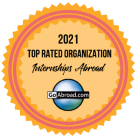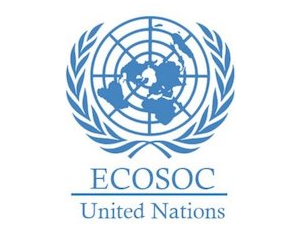In this PhD dissertation Elizabeth A. M. Sopdie addresses the recent rise in demand for international rotations in medical school, during which U.S. schools send medical students to another country for an immersive educational experience, yet the little research surrounding the characteristics, ethics, and institutional support for these types of rotations. This study examines the types of international rotations that exist in medical education in the United States and its territories as key avenues for international service-learning (ISL) by investigating the key characteristics of international rotations and the structural and programmatic features necessary to support such rotations; the barriers and facilitators to the advancement of ISL from the perspectives of stakeholders within medical education who design and implement international rotations (i.e., faculty, staff, administrators); broader contextual factors that might influence a medical school’s decision to include ISL in its medical program; and whether relationships exist between components within a medical school or institutional environment and the inclusion of international service-learning components performed during international rotations.





